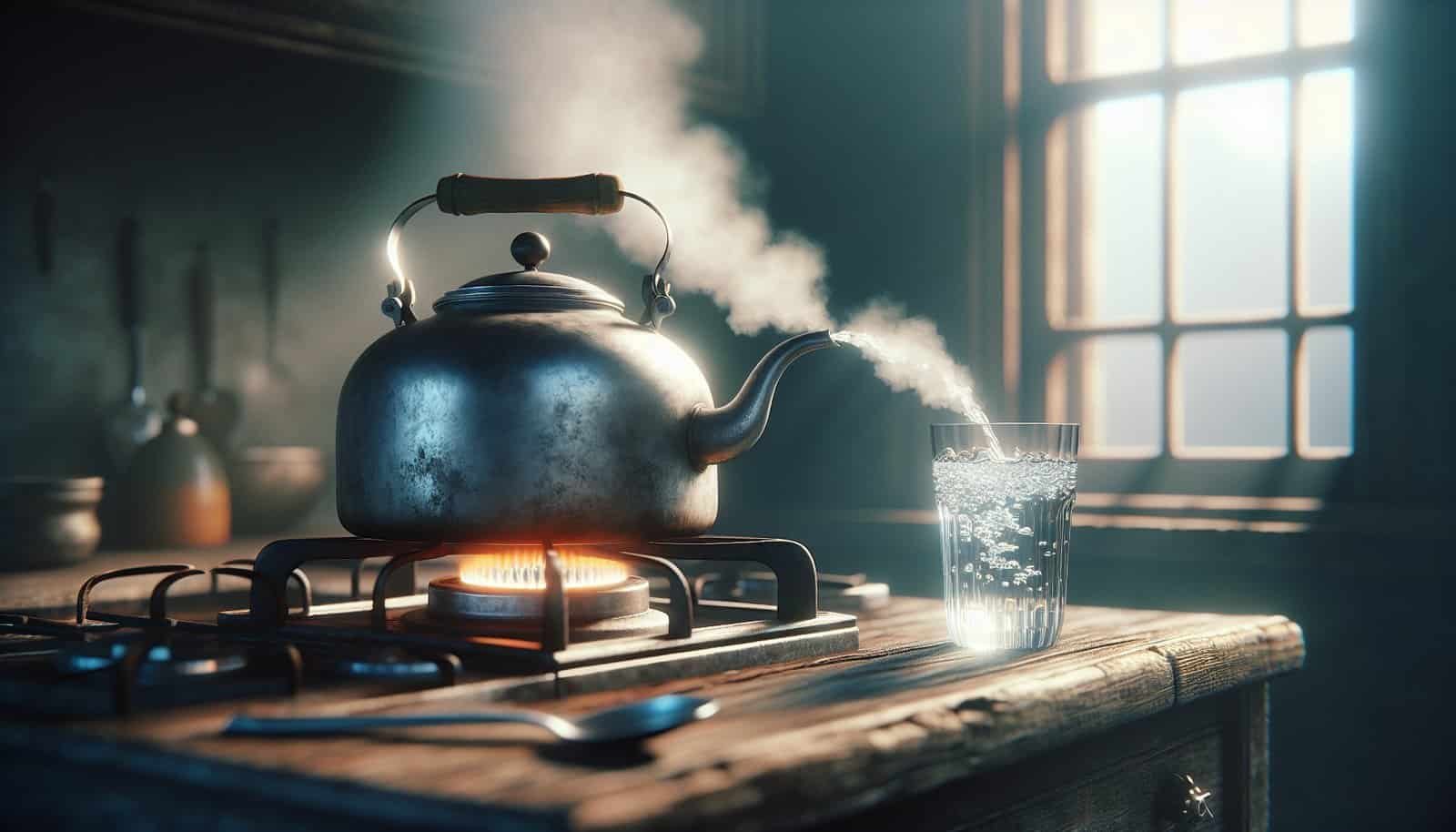Have you ever wondered if that cool, crisp well water is really safe to drink just as it is or if it needs a little extra attention? The thought of boiling water often comes up as a common method for ensuring water safety. Well water, unlike municipal water sources, doesn’t go through extensive treatment; instead, it taps directly from nature. This leaves many to question: Can boiling your well water truly make it safe for consumption? Let’s unravel this together, exploring how boiling can affect the safety and quality of well water.
Understanding Your Well Water: What Does It Contain?
Your well water is a product of natural filtration processes happening underground. Rainwater seeps through layers of soil, sand, and rock, which filter out some impurities. However, this doesn’t mean that your well water is entirely free of contaminants.
What Types of Contaminants Are in Well Water?
It’s crucial to be aware of the possible contaminants present in well water, as this determines the necessary treatment to make it safe. These might include:
- Microorganisms: Bacteria, viruses, and parasites can make well water unsafe to drink, leading to illnesses.
- Chemicals: Nitrate, lead, arsenic, and various industrial chemicals could infiltrate groundwater.
- Minerals: Natural minerals like iron and manganese, which are generally harmless but can affect the taste and smell.
Water testing is essential to determine the specific contaminants you need to address. Many of these contaminants are invisible, odorless, and tasteless, making them easy to overlook without proper testing.
Importance of Regular Testing
Routine testing of your well water keeps you informed about its safety. Tests should be conducted annually or even more frequently if there are changes in taste, odor, or if the well has been subjected to flooding or other disruptions. This ensures your water remains safe and any issues are promptly addressed.
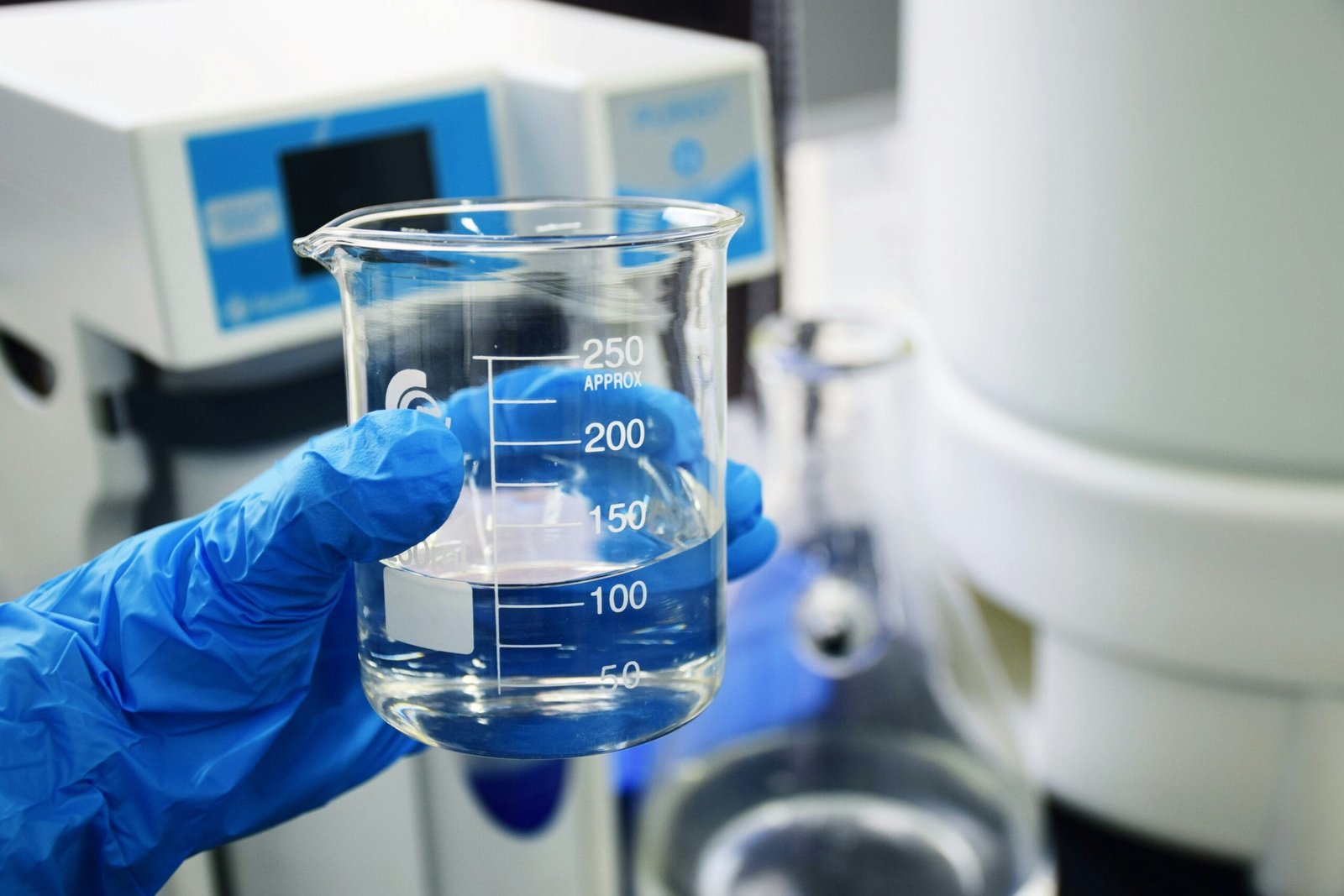
Can Boiling Make Well Water Safe?
Boiling is a commonly recommended method to purify water, but does it work for well water? Let’s explore the science behind the boiling process and its effectiveness against various contaminants.
The Science of Boiling Water
Boiling water functions by heating it to a rolling boil, which is at least 212°F (100°C). This temperature is sufficient to kill a majority of pathogenic bacteria, viruses, and parasites that may be present in well water.
How Effective Is Boiling?
Boiling effectively kills most microorganisms, significantly reducing the risk of waterborne diseases. It’s especially effective against:
- Bacteria: Such as E. coli and Salmonella.
- Viruses: Including Hepatitis A and Norovirus.
- Protozoa: Like Giardia and Cryptosporidium, though these can be more heat resistant and may require longer boiling times.
However, boiling does not remove chemical contaminants or heavy metals. If your well water contains harmful chemicals, boiling alone will not make it safe. This is because boiling can actually concentrate some chemical contaminants by evaporating water and leaving chemicals behind.
When Should You Boil Your Well Water?
Boil your well water if:
- Testing indicates the presence of biological contaminants.
- There’s been a flood or any event that could contaminate the well.
- You’re under advisement from local health authorities.
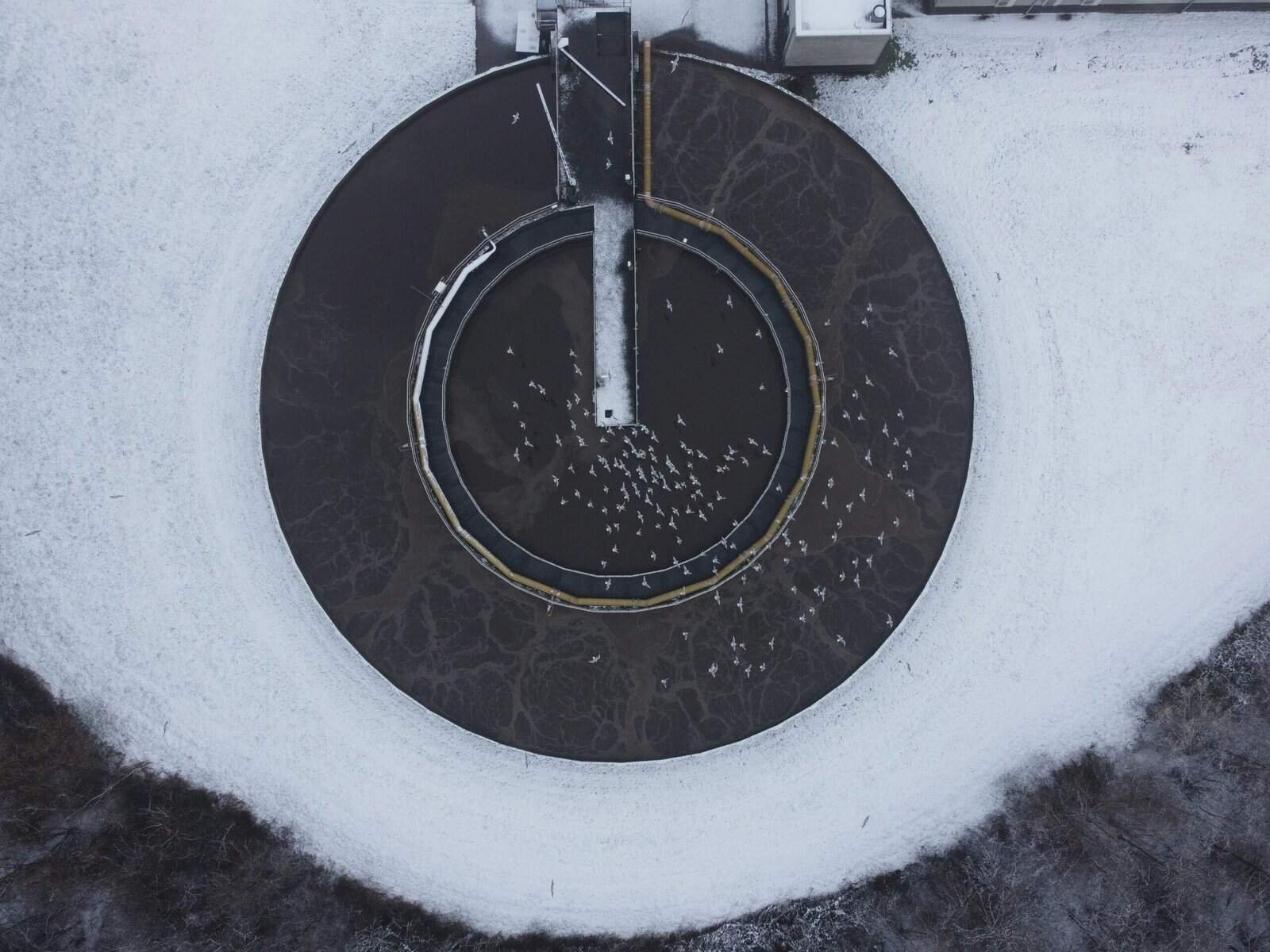
Limitations of Boiling Well Water
While boiling is effective for biological contaminants, there are limitations to consider. Beyond chemical contaminants, boiling can also concentrate certain minerals, and it lacks the ability to alter water pH or address discoloration and sediment.
Other Treatment Methods to Consider
To complement boiling, consider these additional methods to ensure the complete safety of your well water:
Filtration
Filters can remove a variety of impurities that boiling cannot. They can target sediment, reduce chemical content, and improve taste and odor. Opt for filters certified by NSF International to guarantee their efficacy.
Water Softeners
If hardness from minerals like calcium and magnesium is an issue, water softeners can help. They work by exchanging these minerals with sodium or potassium ions.
Chemical Disinfection
Chlorination is a method of adding chlorine to the water to kill bacteria and pathogens. It’s important to follow the correct procedures and guidelines, as improper chlorination can lead to unpleasant odors and potential health risks.
Reverse Osmosis
This process uses semi-permeable membranes to remove ions, molecules, and larger particles, including many contaminants. It’s effective for removing heavy metals and some chemical contaminants that boiling cannot.
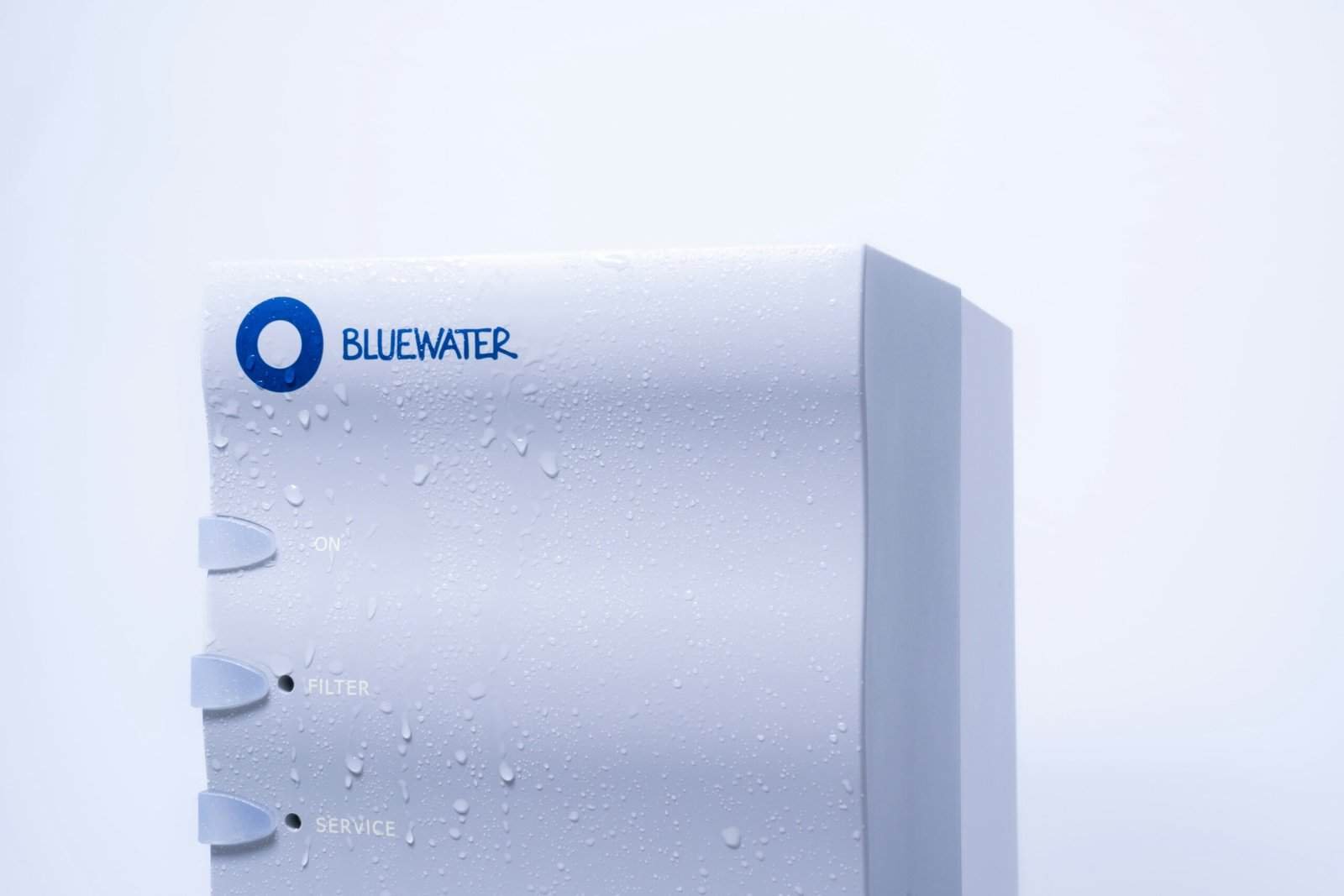
Creating a Safe Water Management Plan
Ensuring the safety of your well water is a long-term commitment. Creating a comprehensive water management plan can help you stay on top of potential issues. Here’s how you can go about it:
Regular Testing and Monitoring
Regular water testing is the cornerstone of any water management plan. Set reminders to test your water annually and monitor changes in water taste, odor, or appearance.
Maintenance of the Well System
Routine maintenance of your well and its components can prevent contamination. This includes:
- Checking the well cap and casing for integrity.
- Ensuring proper drainage around the well to prevent surface water from entering.
- Scheduling professional inspections every few years.
Record Keeping
Keep records of all well maintenance, water testing results, and any treatments applied to your water. This can help in diagnosing issues and spotting trends over time.
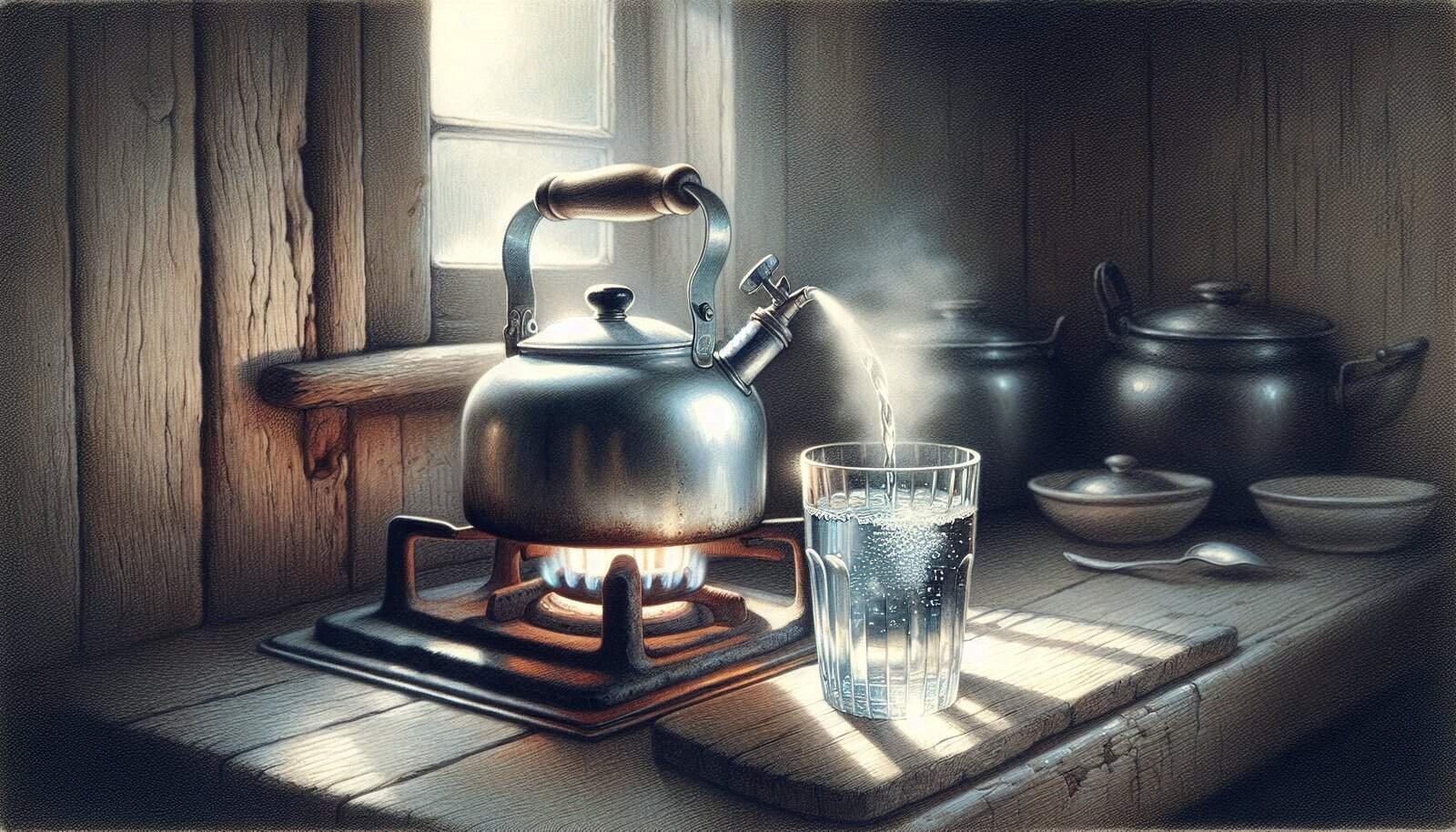
Conclusion
When it comes to the question, “Can I boil well water to make it safe?”, the answer depends on what’s in your water. While boiling effectively tackles microorganisms, it does not eliminate chemical contaminants and heavy metals. Understanding the specific contents of your well water through regular testing informs the most effective treatment methods. Combining various treatment processes like filtration, chlorination, and reverse osmosis, alongside boiling, can provide the most comprehensive solution for ensuring the safety and quality of your well water. Remember, your well water’s safety is crucial to your health, so stay informed and proactive in managing it.
